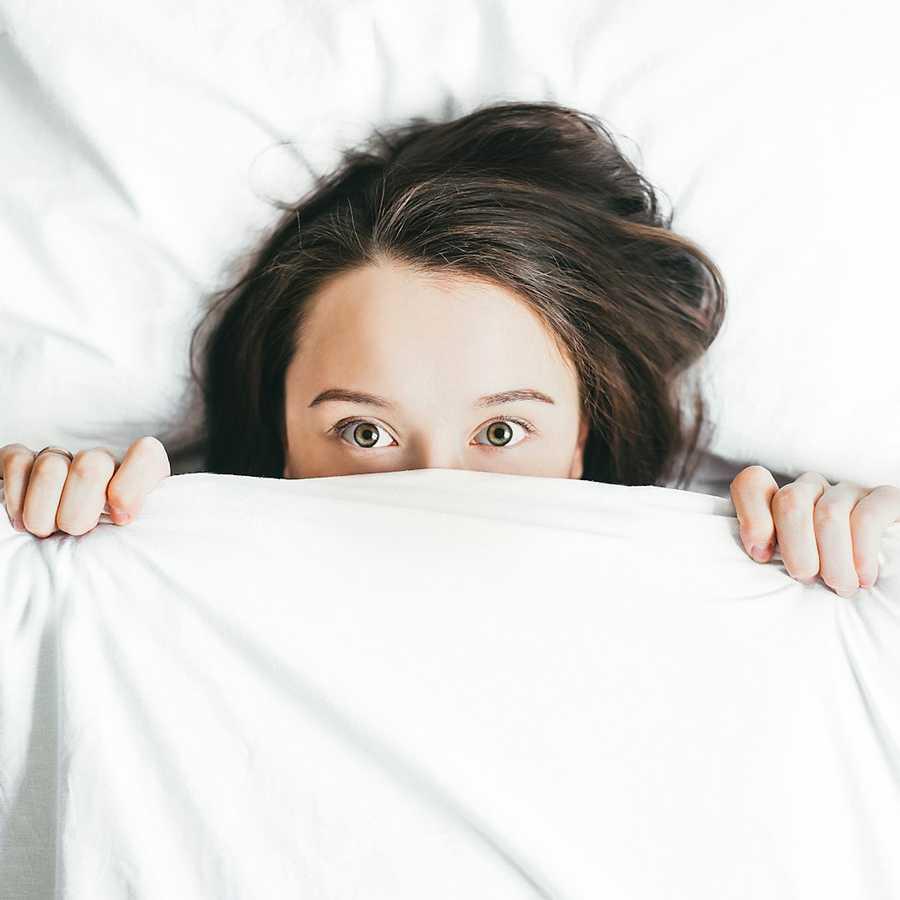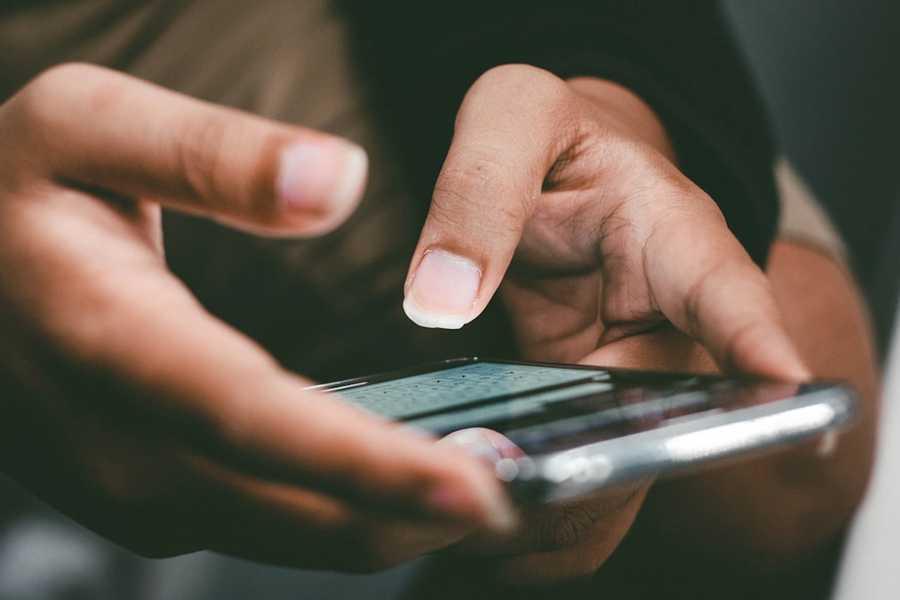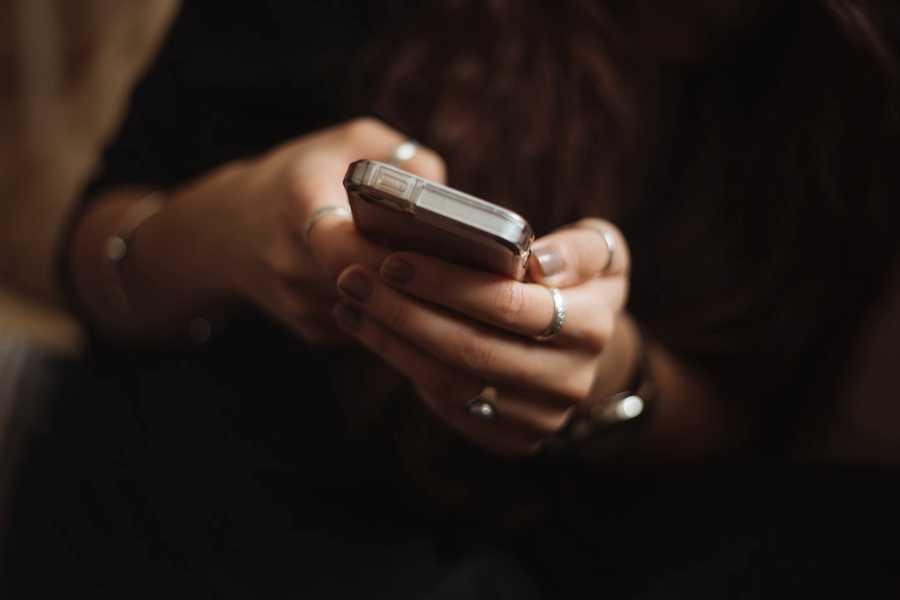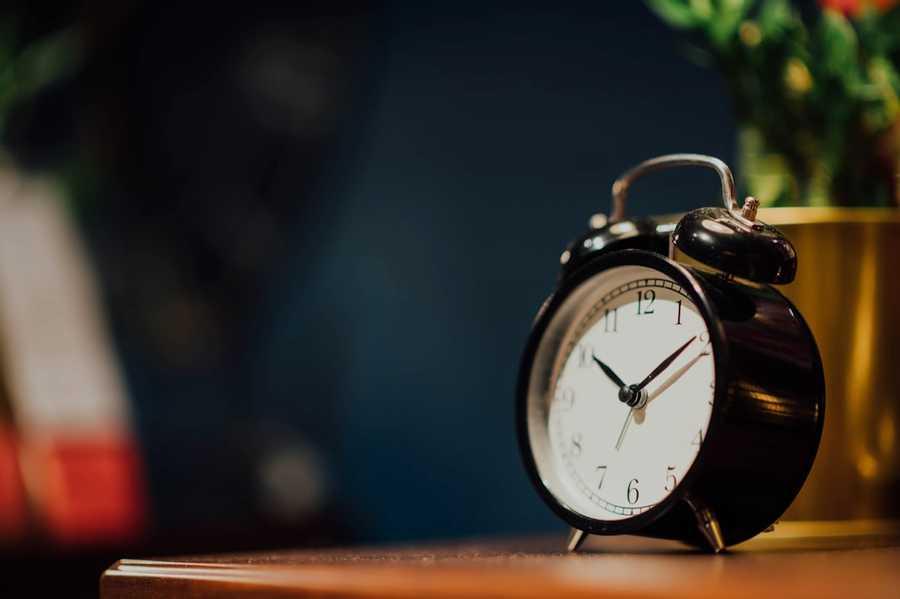Why You Should Not Sleep With Your Cell Phone at Night
Curated from: verywellhealth.com
Ideas, facts & insights covering these topics:
10 ideas
·1.13K reads
9
Explore the World's Best Ideas
Join today and uncover 100+ curated journeys from 50+ topics. Unlock access to our mobile app with extensive features.
#1 Sleep Deprivation
It may be tough to stop and put the device away. This alone may lead to a delay in bedtime and reduced total sleep time. This may contribute to sleep deprivation if the needed hours of sleep to feel rested are not obtained. The stimulation may make it hard to shut down and fall asleep. The mind may be overly excited or activated.
15
161 reads
#2 The Light Play
In addition, the light from phone, tablet, or computer screens may impact the ability to fall asleep. Small amounts of artificial light from the screens may cause a delay in the circadian rhythm.
This may be especially impactful on night owls with a naturally delayed sleep phase. If morning sunlight is not obtained to counteract these effects, insomnia and morning sleepiness may result.
15
133 reads
#3 Phone Cancer
Electromagnetic fields produced by mobile phones are classified by the International Agency for Research on Cancer (IARC) as possibly carcinogenic to humans, though there is no research demonstrating such an association.
The World Health Organization is conducting a formal risk assessment. The FDA says the weight of scientific evidence does not show an association between cell phones and adverse health outcomes.
15
137 reads
#4 Sleep Texting
Phones are designed to prompt your response. There may be rings, alerts, alarms, or lights that catch your attention. This is useful when awake, but troublesome in the night.
This can fragment sleep quality. It might also wake you enough to elicit a response, without fully waking you, resulting in incoherent speech or even sleep texting .
15
136 reads
#5 Phone Induced Brain Tumor?
Some people express concern about the impacts of electromagnetic fields on the risk of health problems. These concerns have included increased risks for brain tumors (most especially on the side of the head where a phone is held) or the impacts on fertility (especially in men, who have external and exposed reproductive organs). Caution might dictate reducing the exposure by eliminating the presence of phones from bedrooms.
14
89 reads
Solution #1: Remove Phone From Bedroom
Place the phone to charge in the kitchen. Allow yourself to go to bed without your phone. If there is an emergency, you will learn about it in the morning. By removing the phone from the bedroom, and placing it to charge in another room such as the kitchen, it is possible to reduce its impact on your sleep.
14
95 reads
Solution #2: Get An Alarm Clock
Get an alarm clock instead of using your phone’s alarm. Although phones can do a lot, sometimes the trade-off of intrusion for convenience is simply not worth it. Buy an inexpensive alarm clock if you need one to wake in the morning on time. Put it across the room and set it to the time you need to get up.
As much as possible, don’t look at the clock or check the time at night. If you absolutely must use your phone as your alarm clock (perhaps while traveling), set it to airplane or night mode to reduce disruptions and place it out of reach.
14
73 reads
Solution #3: Turn Off Sleep Tracking Apps
Some people use their phones as a way to track sleep and wake patterns with various apps or even wearable technology. The accuracy of correlating movement to wakefulness and stillness to sleep is highly suspect.
Moreover, there is no reason to carefully document every movement (or associated awakening) during the night. It may be disruptive to overanalyze sleep.
14
116 reads
Solution #4: Make A Buffer Zone
Preserve a buffer zone and minimize light at night. Try to protect the last hour (or two) before your bedtime as a time to relax and prepare for sleep. Enjoy some time spent reading, watching television or a movie, or listening to music.
Reduce your eyes' exposure to direct light. As able, switch any close screens to night mode (reducing blue light ). If you are especially sensitive to light at night, consider eliminating it as much as possible.
14
94 reads
Solution #5: Optimize The Sleep Environment
Consider other ways that you might enhance your bedroom to make it the ultimate sleep sanctuary. Go to bed when you feel sleepy. If you are awake for longer than 20 minutes at night, get up and do something relaxing and return to bed when feeling sleepy.
If you are awake towards morning, you might get up and start your day early. Reserve the bed as a space for sleep and sex alone. By making these changes, you will improve the association of the bed as a place for sleep.
14
104 reads
IDEAS CURATED BY
F T's ideas are part of this journey:
Learn more about health with this collection
How to manage digital distractions
The impact of technology on mental health
The importance of setting boundaries
Related collections
Similar ideas
4 ideas
Rise and Shine! Sleep Better and Wake Up at the Same Time Every Day
verywellhealth.com
10 ideas
1 idea
Read & Learn
20x Faster
without
deepstash
with
deepstash
with
deepstash
Personalized microlearning
—
100+ Learning Journeys
—
Access to 200,000+ ideas
—
Access to the mobile app
—
Unlimited idea saving
—
—
Unlimited history
—
—
Unlimited listening to ideas
—
—
Downloading & offline access
—
—
Supercharge your mind with one idea per day
Enter your email and spend 1 minute every day to learn something new.
I agree to receive email updates









